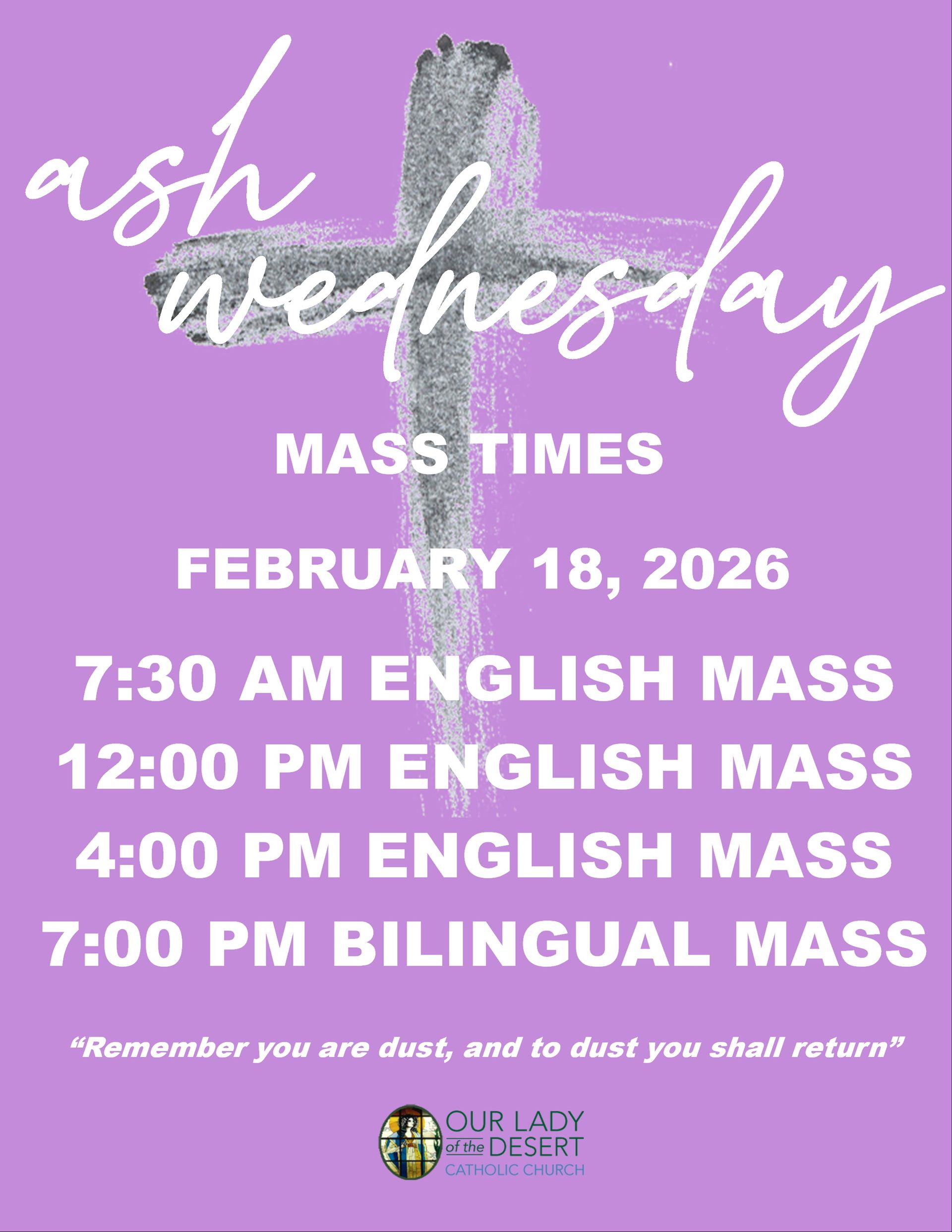Families change the world
excerpt from an article by Dr. Gregory K. Popcak, OSV Newsweekly
Catholicism teaches that the family is the building block of society, but we often fail to realize the practical significance of these words. The parenting methods we choose to employ in the family “school of love” become a kind of first catechism in building a just society, what Pope St. John Paul II referred to as a “civilization of love.”
In our book, “ The Corporal Works of Mommy (and Daddy Too) ” (Our Sunday Visitor), my wife and I note that works of mercy like feeding the hungry, clothing the naked, instructing the ignorant and all the rest of the corporal and spiritual works must take their place at the spiritual heart of the home if they are to be either credible or effective tools of social action. Promptly responding to a baby’s cry, cheerfully providing a drink for the little one who wakes us at night, patiently negotiating a teenager’s wardrobe, and gently instructing children in the path of virtue are not just “things parents do” to get through the day in one piece. They are powerful tools of social change. God wants to change the world through our families. When we turn our hearts toward them and their hearts toward us, we do just that.
This content comes to you from Our Sunday Visitor courtesy of your parish or diocese.







